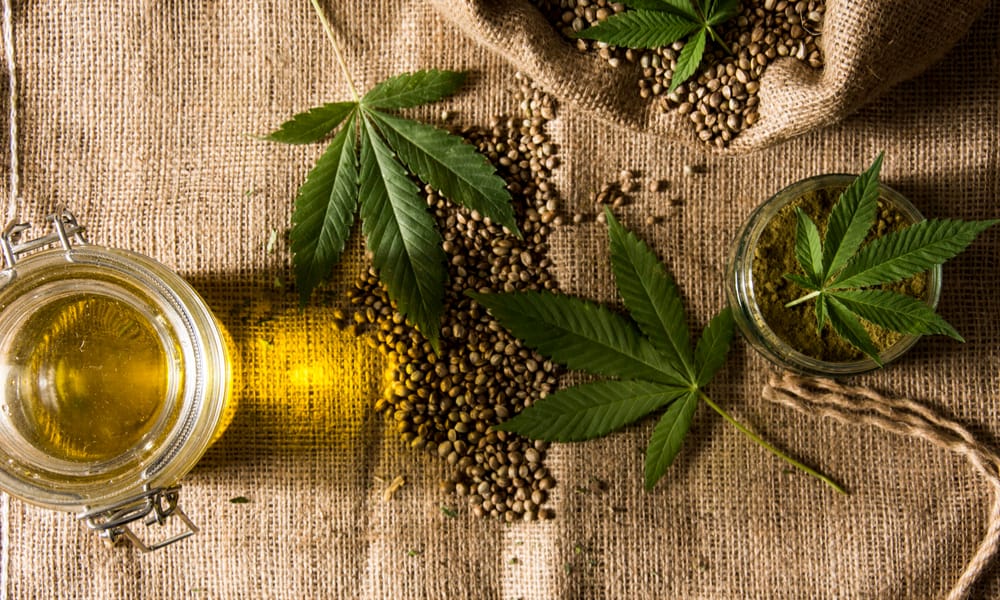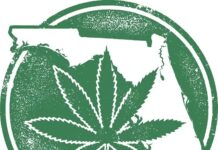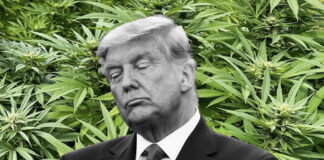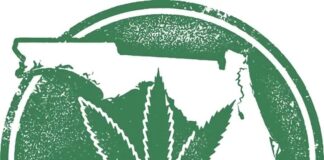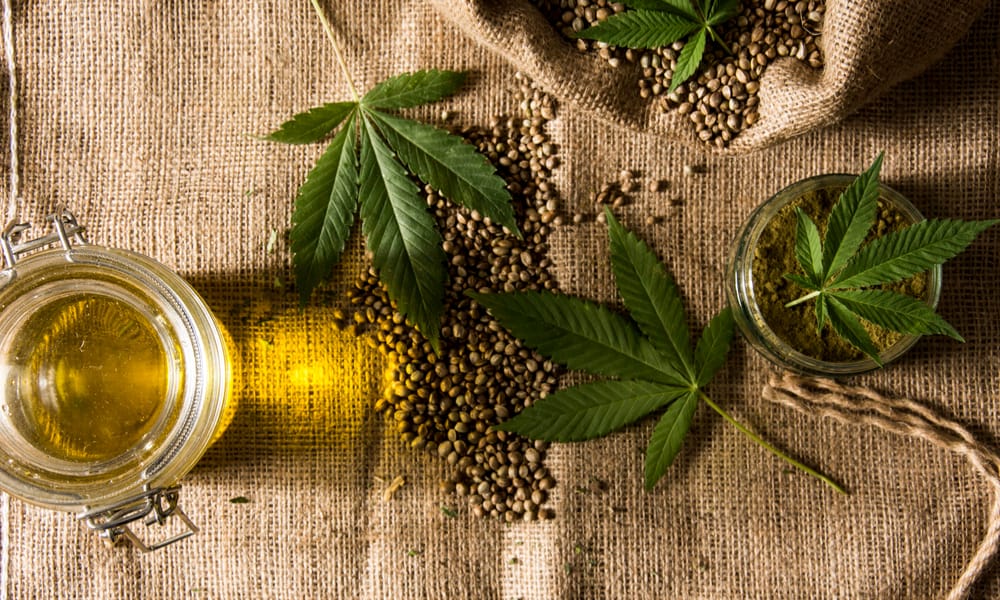
Amid a record-setting number of cannabis bill proposals being considered by the state’s lawmakers, Texas’ Department of State Health Services has announced that it will be removing hemp from its list of Schedule I drugs on Friday. Schedule I drugs are defined as substances with high potential for abuse and no medical use.
Texas’ marijuana movement has accelerated this year, seeing a flurry of activity on fronts from hemp rescheduling to decriminalization bills. Last week, decriminalization proposal HB 63 made it out of the House’s Criminal Jurisprudence Committee. On Monday, six bills that take a look at lightening penalties for marijuana possession are due to receive a public hearing in House committees.
Four other bills were also set to be considered on Monday that related to the regulation, licensing, and production of hemp products, and there is even a bill that is set for public hearing that relates to changing “marihuana” to “cannabis” when being referred to in state code. Texans for Responsible Marijuana Policy has counted over 60 cannabis bills that have been introduced by the state’s lawmakers this year.
Department of Health Services commissioner John Hellerstedt announced on Monday that he had made an amendment to the state’s list of controlled substances that will be published March 15, taking effect 21 days later. Rep. Tracy King’s House Bill 1325 that would authorize hemp production and hemp-based products is also being considered today in the Texan House.
To some, the reclassification of hemp in the state comes as no surprise. In December, Texas Agriculture Commissioner Sid Miller encouraged Congress to allow United States farmers to grow the product. His wish was granted with the passage of the new U.S. Farm Bill later that month, though the USDA has announced that it will not be finalizing guidelines of hemp production until 2020.
“In today’s economy, our farmers need maximum flexibility to diversify their production and thrive,” wrote Miller at the time. “When our farmers do well, they can provide for their families, grow our rural communities and ensure we have the food, clothing and medicine we all need.”
In February, Nasdaq accepted a Canadian company that plans to grow hemp in Texas to its exchange. Village Farms International is now listing on the Nasdaq exchange as VFF.
Texan officials reclassifying hemp also changes things for entrepreneurs in the state’s developing CBD industry. “They’ve been operating in kind of a legal grey area,” Jax Finkel, executive director of Texas National Organization for the Reform of Marijuana Laws, told Fox 7. “This pushes us towards clearing it up.”
The CBD industry has pushed for Texas to regulate hemp since the passage of December’s U.S. Farm Bill. They hold that clearer laws will have the effect of ensuring quality for patients in CBD treatment. For that to happen, lawmakers will have to determine clear labeling guidelines and protocol for product testing. Last year, Texas actually considered a ban on over-the-counter CBD food and supplements but backed down amid a flurry of public comments in support of the cannabinoid as medical treatment.


